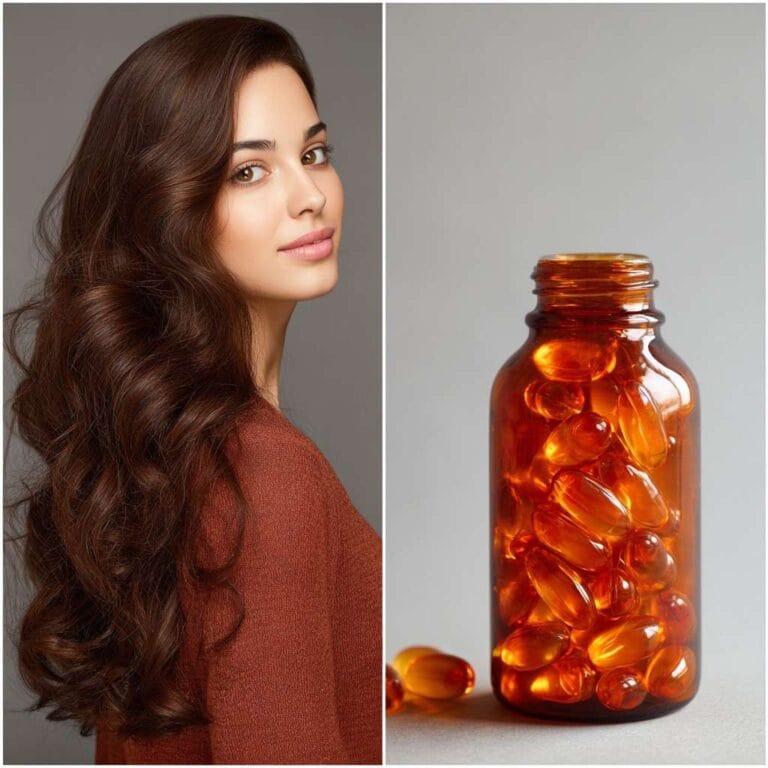Vitamins Are Good For Hair Growth and amino acids are critical nutrients required for maintaining overall health—and by extension, healthy hair. A complete deficiency of any vitamin can result in serious illness or even death. Fortunately, in most developed countries, true vitamin deficiencies severe enough to cause disease or hair loss are uncommon. Exceptions include certain populations such as menstruating women, who are at risk of iron deficiency, and individuals living in areas with limited sunlight—like Cleveland—who are often low in Vitamin D.
While most vitamins can be obtained from a balanced diet, affordable oral supplements can help maintain adequate levels. However, excessive supplementation may lead to toxicity or waste, as surplus vitamins are either harmful or excreted unused. Therefore, despite the marketing of numerous products promising enhanced hair growth, consumers should be cautious and opt for practical, cost-effective solutions.
What Vitamins Are Good For Hair Growth?
Why Nutrition Matters for Hair Growth
Hair grows in cycles, and things like age, stress, and hormones can affect that cycle. But one of the biggest contributors to strong, healthy hair is good nutrition.
When your body is low on essential nutrients, it may often show up first in places like your skin and hair. Not getting enough of certain vitamins can slow hair growth, weaken strands, or lead to hair loss. That’s why a balanced, nutrient-rich diet is key.
Disclosing Affiliate Link

Key Vitamins for Hair Growth
Healthy, shiny, and strong hair starts from within. The right vitamins nourish your hair follicles, support scalp health, and encourage consistent growth. Here are the most important ones:
1. Biotin (Vitamin B7)
What it does:
Biotin is one of the most popular vitamins for hair growth. It helps your body produce keratin, the main protein that makes up your hair, nails, and skin. A deficiency can lead to brittle hair or hair thinning.
Sources:
Eggs, almonds, sweet potatoes, spinach, and salmon.
Tip:
While biotin deficiencies are rare, taking a small supplement can help strengthen hair and nails if your diet lacks these foods.
2. Vitamin D
What it does:
Vitamin D helps create new hair follicles, the tiny pores from which new hair grows. Low levels have been linked to hair thinning and alopecia (hair loss).
Sources:
Sunlight exposure, fortified milk, fatty fish (like salmon and mackerel), and egg yolks.
Tip:
If you live in a cloudy area or spend most of your time indoors, you might need a supplement.
3. Iron
What it does:
Iron helps red blood cells carry oxygen to your hair follicles, keeping them nourished and strong. Without enough iron, hair can become weak and fall out.
Sources:
Lean red meat, beans, lentils, spinach, and iron-fortified cereals.
Tip:
Menstruating women and vegetarians are especially prone to iron deficiency and may need to supplement after consulting a doctor.
4. Vitamin E
What it does:
A powerful antioxidant, vitamin E protects your scalp from oxidative stress (damage caused by free radicals), which can affect hair growth. It also supports scalp circulation and hydration.
Sources:
Sunflower seeds, almonds, avocados, and spinach.
Tip:
A balanced intake of Vitamin E can improve shine and strength in your hair over time.
5. Vitamin A
What it does:
Vitamin A helps your skin glands make sebum, an oily substance that moisturizes the scalp and keeps hair healthy. However, too much Vitamin A can cause hair loss—so balance is key.
Sources:
Carrots, sweet potatoes, kale, and pumpkins.
Tip:
Avoid high-dose supplements unless prescribed; your diet usually provides enough.
6. Zinc
What it does:
Zinc supports tissue growth and repair, including the hair follicle. It also helps keep the oil glands around the follicles working properly.
Sources:
Oysters, beef, pumpkin seeds, and chickpeas.
Tip:
Both low and high zinc levels can affect hair—moderation is important.
7. Vitamin C
What it does:
Vitamin C helps your body produce collagen, a protein vital for strong hair structure. It also improves iron absorption, which further supports growth.
Sources:
Citrus fruits, strawberries, bell peppers, and broccoli.
Tip:
Adding vitamin C-rich foods to meals improves your body’s ability to absorb plant-based iron.
